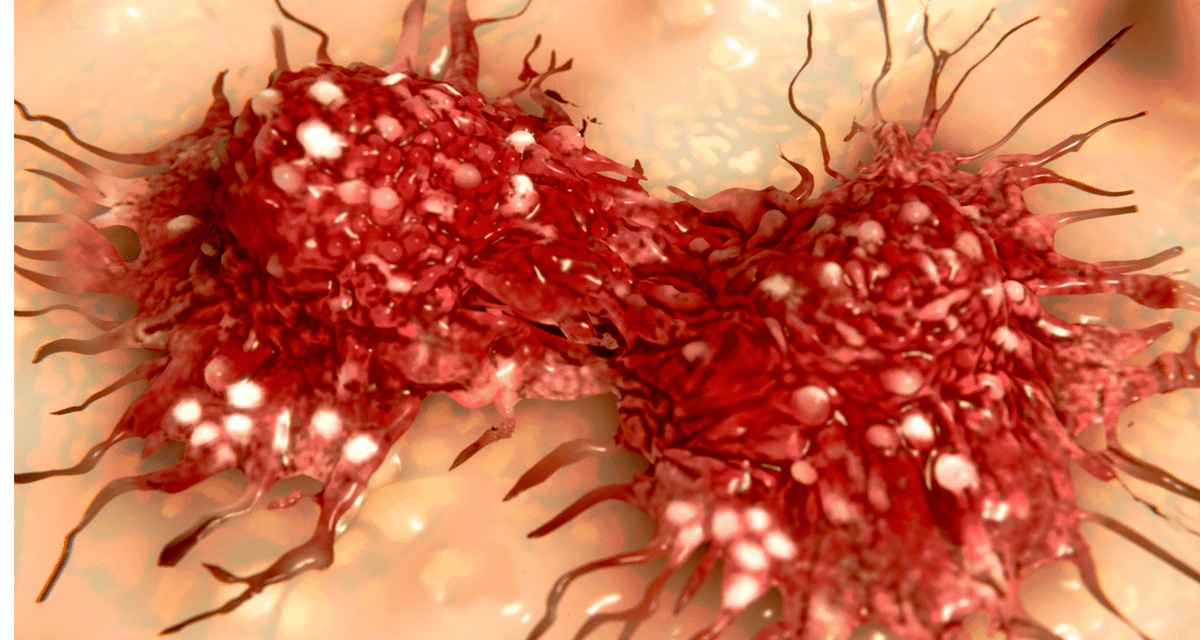Using light-emitting nanoparticles, Rutgers University-New Brunswick scientists have invented a highly effective method to detect tiny tumors and track their spread, potentially leading to earlier cancer detection and more precise treatment.
The technology could improve patient cure rates and survival times.
“We’ve always had this dream that we can track the progression of cancer in real time, and that’s what we’ve done here,” said Prabhas V. Moghe, a corresponding author of the study and distinguished professor of biomedical engineering and chemical and biochemical engineering at Rutgers-New Brunswick. “We’ve tracked the disease in its very incipient stages.”
The study, published online today in Nature Biomedical Engineering, shows that the new method is better than magnetic resonance imaging (MRI) and other cancer surveillance technologies. The research team included Rutgers’ flagship research institution (Rutgers University-New Brunswick) and its academic health center (Rutgers Biomedical and Health Sciences, or RBHS).


